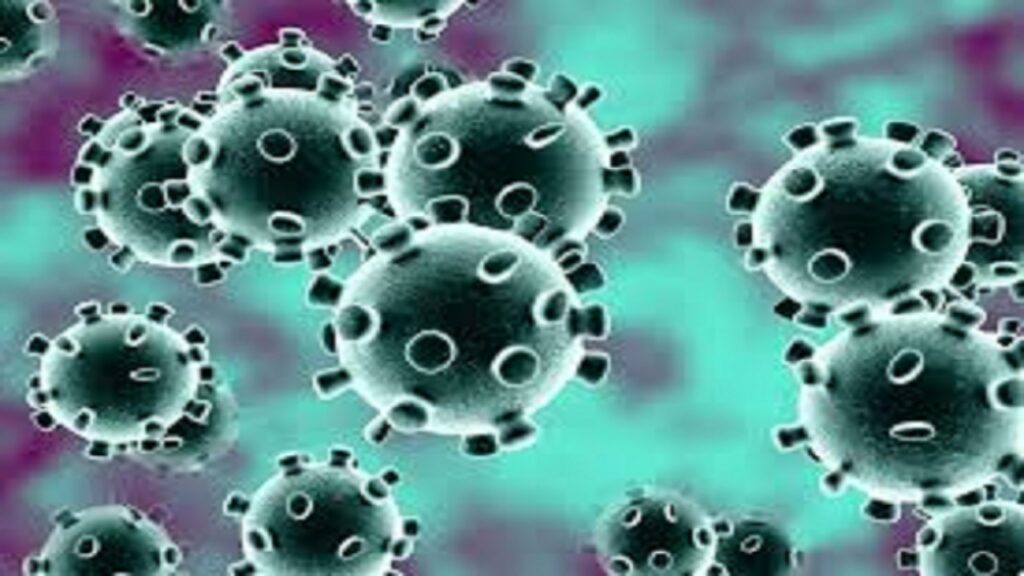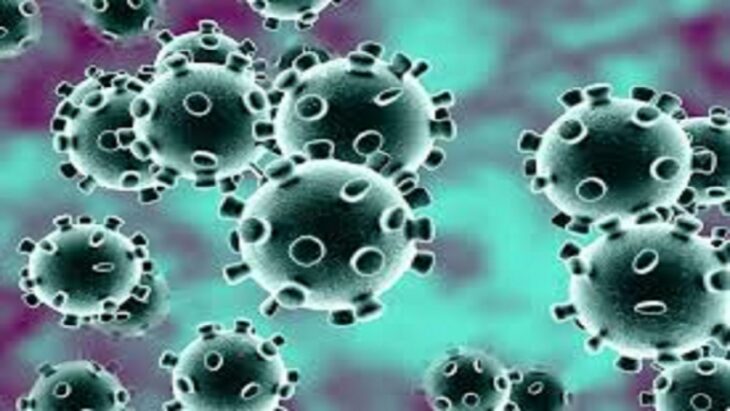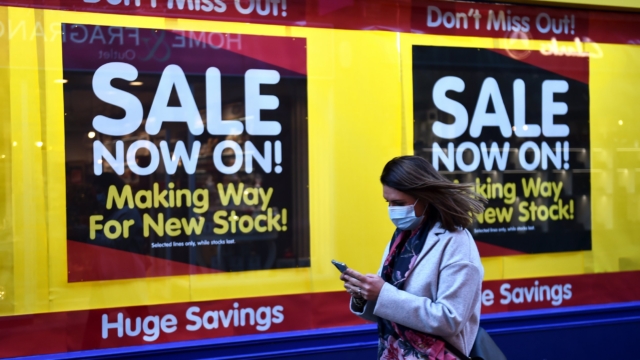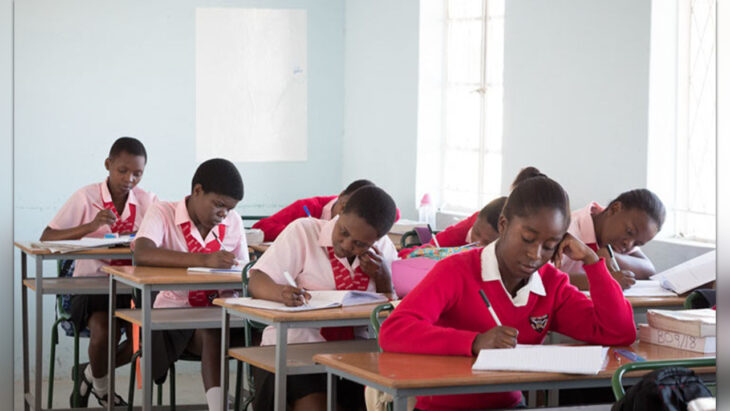Two people in the UK have been found to be infected with the new Covid variant, Omicron, the health secretary has said.
Sajid Javid said the cases in Brentwood, Essex, and Nottingham were confirmed by the UK Health Security Agency after genomic sequencing.
They are linked and connected to travel in southern Africa, and both cases and their households were self-isolating.
The new variant has also been identified in South Africa, Botswana, Belgium, Hong Kong and Israel.
Prime Minister Boris Johnson is holding a press conference at Downing Street with the chief scientific adviser to the government, Sir Patrick Vallance, and the UK’s chief medical adviser Prof Chris Whitty.
The new Omicron variant was first reported to the World Health Organization from South Africa on Wednesday. Early evidence suggests it has a higher re-infection risk.
Countries around the world are currently racing to introduce travel bans and restrictions on southern African countries in an effort to contain the variant’s spread.
Ten countries are now on the UK’s travel red list meaning, from Sunday at 04:00 GMT, all arrivals will have to quarantine in a hotel for 10 days.
On Friday, the UK placed South Africa, Namibia, Zimbabwe, Botswana, Lesotho and Eswatini on the list.
In his announcement on Saturday, the health secretary said Angola, Mozambique, Malawi and Zambia would be added.
Mr Javid said: “If anyone has travelled to these four countries or any of the other red-listed countries in the last 10 days then they must self isolate and take PCR tests.”
He said: “We’ve always been very clear that we won’t hesitate to take further action if that is what is required.
The Department of Health says testing is being carried out at locations where the positive cases were likely to have been infectious.
“Confirmed cases and contacts are being followed up and requested to isolate and get tested as necessary,” it said.
A spokesperson for Essex County Council said the case identified in Brentwood was “linked to a single case from Nottingham involving international travel to South Africa”.
BBC




